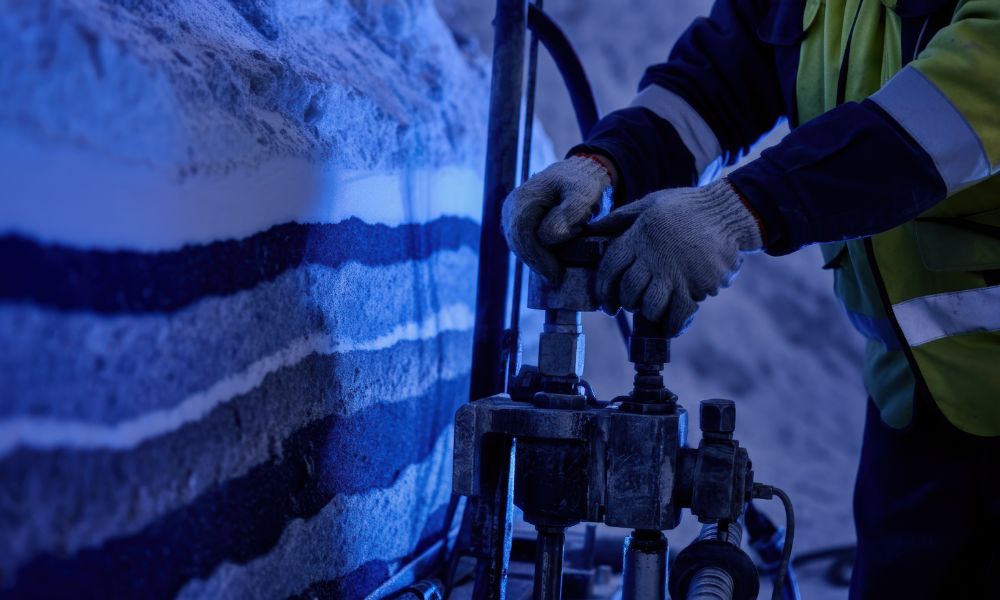Teachers have little effect, finds national study

When it comes to encouraging young workers to be safe on the job, the adults in their life at home and at work have the greatest impact, found a new study.
Researchers looked at six sources of influence — parents, siblings, teachers, friends, supervisors and co-workers — to see how they related to the workers’ risk-taking behaviour and frequency of minor work injuries.
Their findings show that among the six sources of influence, parents, supervisors and co-workers had the largest positive influence. The study "Injunctive Safety Norms, Young Worker Risk-taking Behaviors and Workplace Injuries" was recently published in the journal Accident Analysis & Prevention.
“What was surprising is that even with 18-year-olds, parents can still have an influence on how their children behave at work,” said co-author Nick Turner, professor at the University of Calgary.
Workplace injuries for young workers take a significant toll every year. In 2015, according to statistics from the Association of Workers' Compensation Boards of Canada, there were 15 deaths among workers aged 15 to 24 and 30,207 injury claims.
Supervisors and parents who make safety an important part of what they talk about and practise can reduce risky behaviour and injuries among young workers.
“Getting a sense that your manager actually cares about safety — whether it’s part of your work conversations, that she or he is open to suggestions about how to improve safety, etc. — sends the message that your supervisor and your employer care about you. That’s motivating. This is likely the same pathway for parents,” says Turner.
Turner also notes it is important to remember that young workers face particular challenges in their summer jobs, compared to adult workers doing the same type of work.
“Given the temporary and seasonal nature of their work, many young workers do not get very much safety training, despite managers acknowledging that safety training is important,” he says. “Compared to adult workers, young workers may also lack job-specific knowledge, the confidence to speak up about unsafe work conditions, and a sense of how vulnerable they may be to work injuries.”





